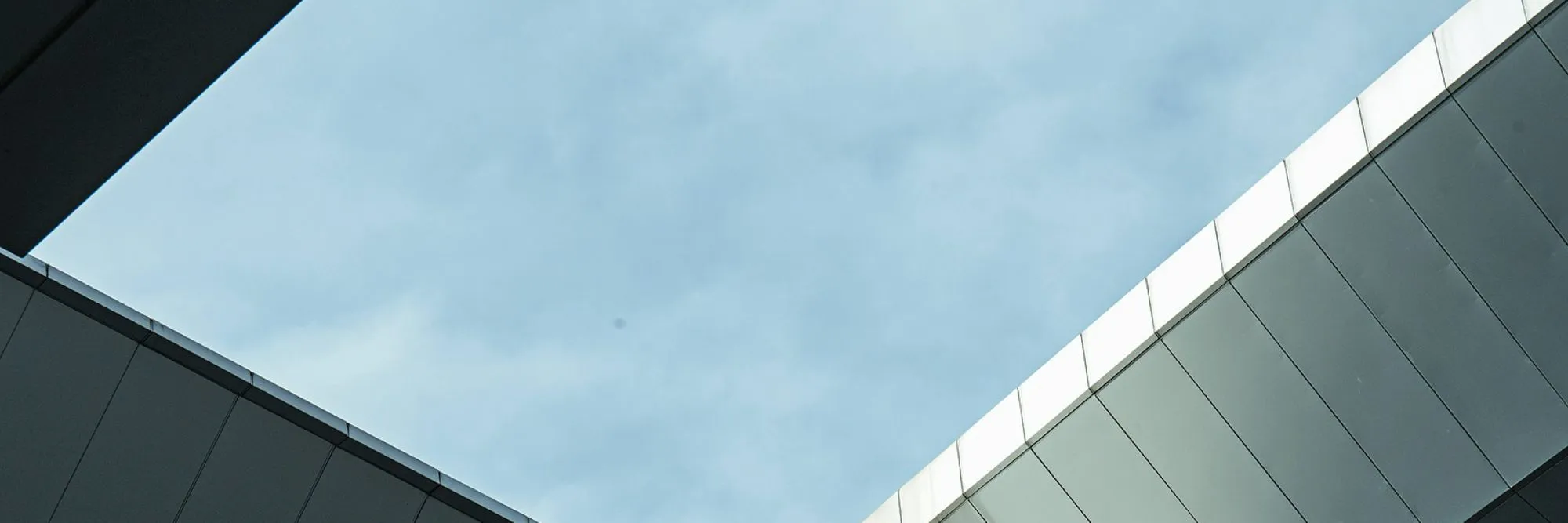A Crash Course on the Education System in the UAE
Press Release
Blog Post

The Structure of the Education System in the UAE
The education system in the UAE combines its rich cultural heritage with a framework that meets international standards. It has three main divisions: primary, secondary, and postsecondary education.
Primary Education
For pupils ages six to twelve, primary education is required in the UAE. Social studies, science, maths, Arabic, and English are among the topics included in the curriculum. The goal is to give pupils a solid foundation in Arabic and English that reflects the nation’s multicultural nature.
Secondary Education
In the UAE, secondary education is crucial to the education system. It is mandatory for all students until they turn 18 or complete grade 12. This phase of education provides students with a comprehensive education that prepares them for higher education or vocational paths.
Students can choose a more specialised curriculum that prepares them for further studies or career opportunities. The curriculum prioritises science, technology, engineering, and mathematics (STEM) courses, which aligns with the UAE’s goal of becoming a global innovation centre.
Tertiary Education
The UAE offers a range of tertiary education options, including universities and vocational schools. The higher education system emphasises innovation and research, providing students with specialised knowledge and skills.
Some well-known universities include:
- American University in Dubai
- Zayed University
- United Arab Emirates University
These institutions support the country’s goal of creating a knowledge-based economy by offering students a range of academic and career options — from STEM to the arts.
What Characterises Dubai’s Schooling System?
Dubai has a diverse and lively education system, home to many international schools that offer curricula such as:
- American
- British
- Indian
- International Baccalaureate (IB)
This diversity caters to the cultural and educational interests of families and reflects the city’s large expatriate population.
Public schools follow the UAE Ministry of Education’s curriculum, and the government continues to improve quality to meet international standards.
What Is the Ranking of the UAE’s Education System?
The UAE leads the region among nations with five or more ranked institutions, scoring 79.5 overall. Its education system has advanced significantly internationally.
The Programme for International Student Assessment (PISA) evaluates 15-year-old students in reading, science, and maths. The UAE’s PISA rankings have steadily improved, showing the success of its reforms.
Several UAE universities are also featured in the QS World University Rankings, including:
- American University of Sharjah
- University of Sharjah
- Khalifa University
What are the Benefits of Studying in the UAE?
Students from many countries flock to the UAE for education. Some key benefits include:
Global Perspective
The UAE’s multicultural environment exposes students to various cultures and viewpoints, preparing them for a globalised world.
Innovative Learning Environment
The UAE emphasises innovation and technology, with universities offering state-of-the-art resources and research opportunities.
Strategic Location for Business and Trade
Studying in the UAE exposes students to a thriving economy and global business hub, with access to networking opportunities and international internships.
Cultural and Recreational Experiences
Students can enjoy cultural and recreational experiences — from historic sites to modern attractions — enriching their overall educational journey.
Exploring Dubai Beyond Classrooms
The UAE is committed to both education and cultural heritage. One example is the Ibn Battuta Mall in Dubai. Named after the famous explorer, it reflects the UAE’s appreciation for history, exploration, and cultural diversity.
Although not directly part of education, such landmarks complement students’ learning by offering broader perspectives on global history and cultures.
